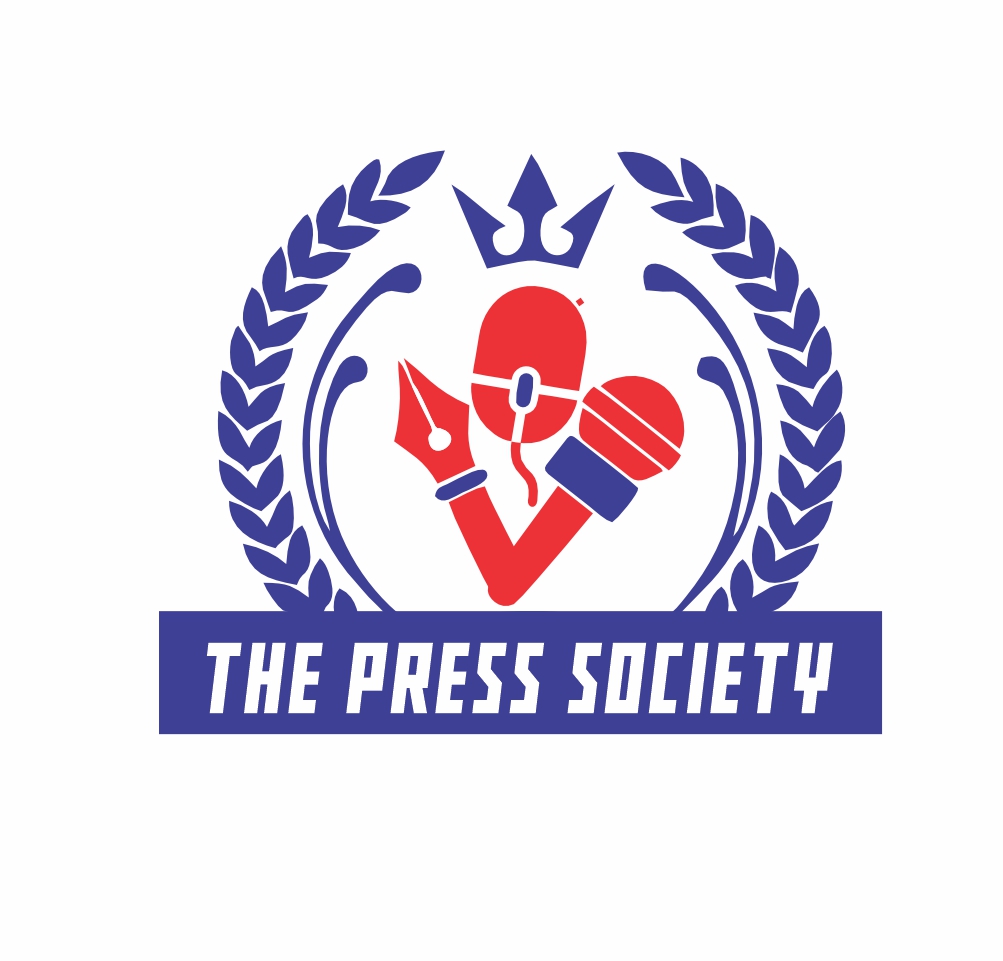 In a stunning display of anachronistic arrogance, the Bar Council of England and Wales (BCEW), alongside the Commonwealth Lawyers Association (CLA), has issued a communiqué to the sovereign nation of Ghana that reads more like a dispatch from a colonial district officer than a note from 21st-century legal peers. The subject of their ire? Ghana’s rigorous adherence to its own Constitution regarding the suspension of Chief Justice Gertrude A.E.S. Torkornoo.
In a stunning display of anachronistic arrogance, the Bar Council of England and Wales (BCEW), alongside the Commonwealth Lawyers Association (CLA), has issued a communiqué to the sovereign nation of Ghana that reads more like a dispatch from a colonial district officer than a note from 21st-century legal peers. The subject of their ire? Ghana’s rigorous adherence to its own Constitution regarding the suspension of Chief Justice Gertrude A.E.S. Torkornoo.
The BCEW/CLA statement demanded Ghana “immediately and without delay” reinstate the Chief Justice—a choice of language that implies command, not collegiality. This tone presupposes a position of authority that was irrevocably dissolved on March 6, 1957, the day Ghana claimed its independence. The intervention has been widely perceived not as an act of legal solidarity, but as a jarring exercise in colonial muscle memory, an instinct to instruct that forgets Ghana’s legal system owes no obedience to Westminster.
The profound irony lies in the source of the lecture. The heirs to a legal establishment that once exiled African kings without trial, detained nationalists without charge, and presided over the plunder of nations now posture as the guardians of judicial ethics. They invoke the Latimer House Principles on the separation of powers, seemingly unaware of the historical chasm from which their own system emerged and the struggles former colonies endured to build their own.
This modern-day colonial posturing was met with a formidable and clinically precise rebuttal from Ghana’s Attorney-General, Dr. Dominic Ayine. The response delineates a process meticulously crafted within the four corners of Ghana’s 1992 Constitution. As detailed:
-
Petitions from Ghanaian citizens were lawfully submitted.
-
The Council of State, an independent body of eminent statesmen, reviewed them and established a prima facie case.
-
A committee chaired by a sitting Supreme Court Justice was constituted to investigate.
-
Under the explicit mandate of Article 146(10)(a), the President acted, suspending the Chief Justice pending the outcome—a step not of executive overreach, but of constitutional duty.
The BCEW/CLA’s statement conspicuously ignores these detailed constitutional steps, choosing instead to wave the Latimer House Principles like a colonial ordinance. It operates on the presumption that Ghana’s judiciary remains an annex of Westminster, its constitutional rhythm required to march to the beat of a foreign drum.
Yet, this matter transcends legal procedure; it is a battle of narratives. It is about jurisdictional nostalgia clashing with hard-won sovereignty. It is the persistent, quiet fantasy in certain foreign corridors that their opinion should carry executive force in a nation that long ago ceased to be a subject.
Ghana’s message, articulated through its official channels and echoed in the court of public opinion, is unequivocal: The gavel is ours. The nation will uphold judicial independence because its people demand it, not because London wags a learned finger. It will follow due process because its own history has taught the bitter price of injustice.
If the Chief Justice is to be reinstated, it will be by the authority of Ghana’s laws and the findings of its independent committees—not by a command from men in wigs who seemingly believe the sun has yet to set on their jurisdiction.
The empire’s bench is buried. Ghana’s judiciary answers to its people and its Constitution, full stop.
Kay Codjoe





